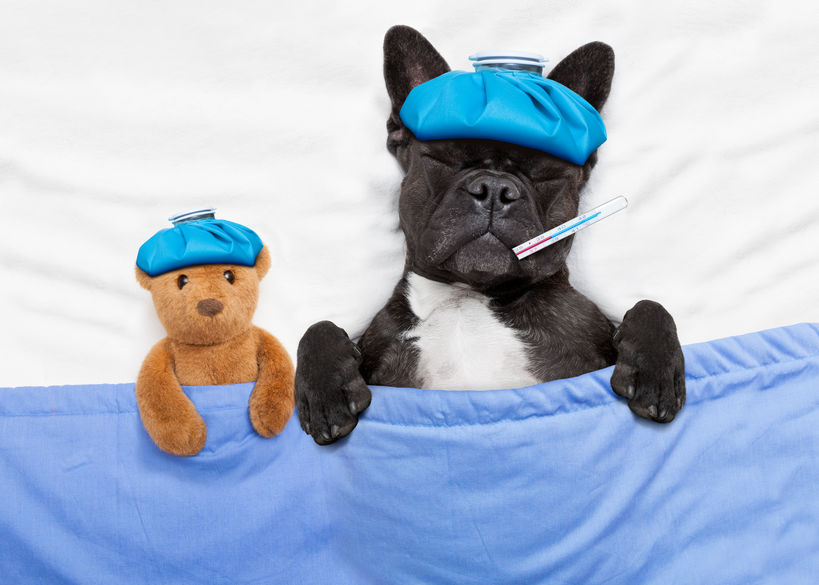Can My Diet Slow Hair Loss?
As people get older, having healthy, thick hair often becomes a hot topic. For most people, hair grows around 6 inches per year. While hair loss can depend on factors like age, genetics, and overall health, what a person eats can make a difference. Vitamin A, biotin, and vitamin D, in particular, can all help to slow hair loss.

Vitamin A for growth
Vitamin A is crucial for cell growth, and that includes hair growth. A deficiency in this vitamin can lead to hair loss. Aim to eat foods high in beta-carotene, which turns in vitamin A in the body. Some of these include carrots, pumpkin, spinach, kale, and sweet potatoes. However, too much vitamin A is linked with adverse health effects, so always check with a doctor or pharmacist before starting a new supplement.
Benefits of biotin
Common symptoms of biotin, or B7, deficiency include hair thinning and loss. Most over-the-counter supplements intended for hair growth will include a healthy dose of biotin. Foods that are good sources of the nutrient include egg yolks, nuts, legumes, and whole wheat.
Why might I be biotin deficient?
Biotin develops in the gut, so any condition or symptom that interferes with gastrointestinal function can interfere with biotin levels. Certain medications, malnutrition, antibiotics, and smoking can all contribute to a biotin deficiency. Although taking biotin alone is not guaranteed to help hair grow, there is a low risk associated with taking B7 as a supplement.
The sunshine vitamin
Vitamin D deficiency leads to a variety of adverse health effects, including alopecia. Research has shown that vitamin D can aid in the production of new hair follicles. Although the full role of vitamin D and hair growth is not fully understood, a vitamin D supplement is a good option for many people. People who live in overcast climates or who eat a vegetarian or vegan diet commonly struggle to get enough vitamin D. Speak with a healthcare provider to find out if supplementation is the right treatment.
What else can I do?
To slow hair loss, focus on eating a well-rounded diet full of protein, vitamin C, iron, zinc, and omega-3 fatty acids. Additionally, certain hair products, such as hair dyes, can contribute to hair loss. Try to be gentle with hair, avoiding overbrushing or overwashing. Stress can also contribute to hair growth or lack thereof, so try to manage emotions and reduce stress. For more information about supplements to slow hair loss, speak with a healthcare provider or pharmacist.
RECENT
ARTICLES



Our Patients Say
We pride ourselves on providing exceptional customer service to our community. Here are a few things that the community is saying about us.
Convenient and quality service. Ive never had my prescriptions filled quicker and the pharmacist took the time to tell me about what I was taking.
Excellent experience! Friendly, knowledgeable staff!
I have been a customer since they opened. Julie and Hiten have both treated me with the utmost respect and have always been ready to take care if my needs with a smile




